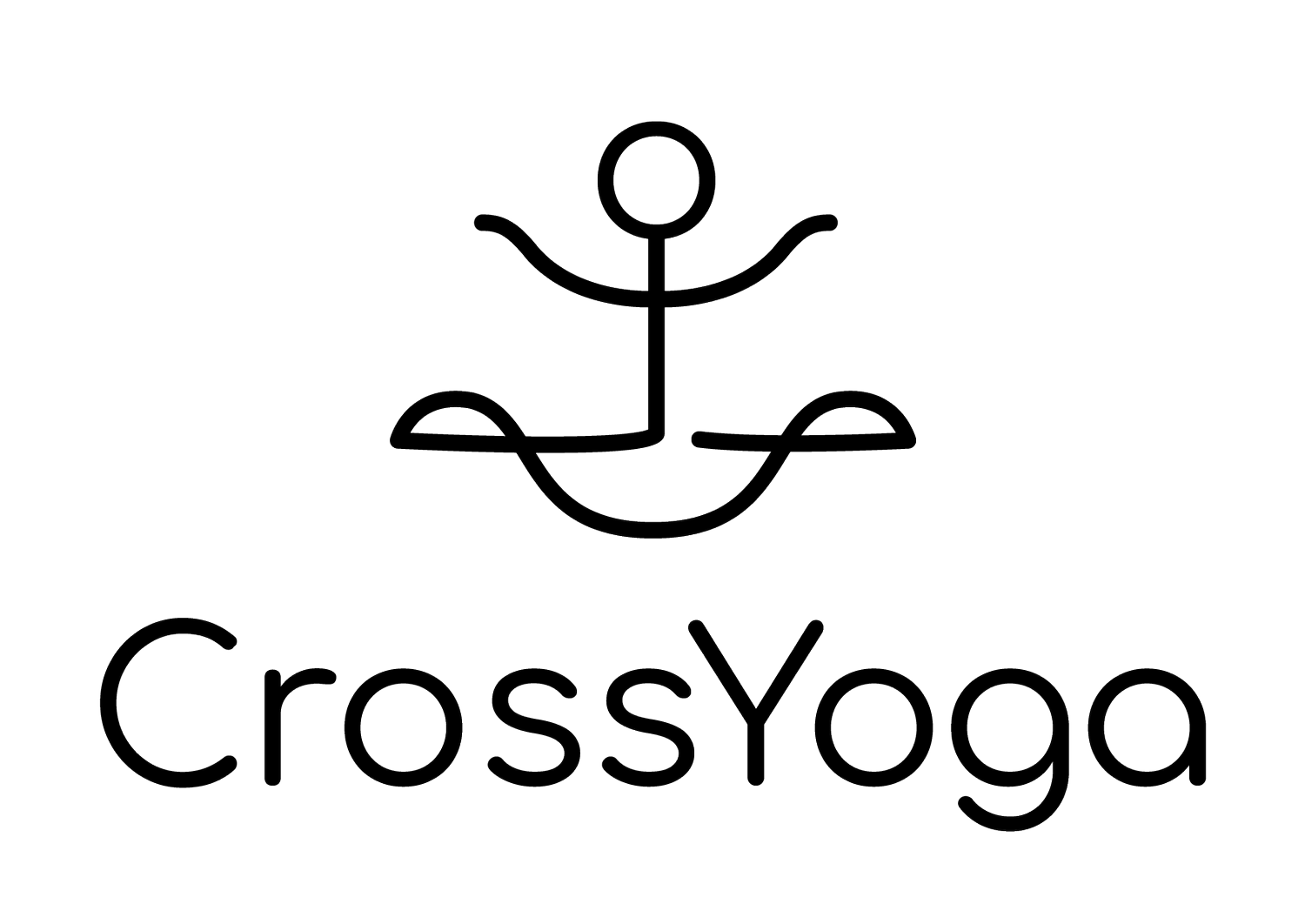
Frequently Asked Questions
Qué significa la palabra “yoga”
Unir o fusionar.
Es CrossYoga yoga hindú?
No. Usamos el término "yoga" tal como se entiende en Occidente, es decir, como una forma de ejercicio beneficioso para el cuerpo (fuerza y equilibrio) y para reducir el estrés. En CrossYoga no hay dioses hindúes ni budistas involucrados.
En qué se diferencia CrossYoga del yoga en el gimnasio, por ejemplo?
Dios es toda la diferencia. No encontramos la paz interior solo a través de movimientos corporales y la reducción del estrés mental. La paz y el amor existen cuando como seres humanos encontramos el camino de regreso a quien nos creó: a Dios. En CrossYoga buscamos, con sencillez, al Dios de la Biblia y su presencia mediante la lectura bíblica, los movimientos, la oración, música tranquila y meditación.
Son peligrosos los movimientos de yoga?
Creemos que Dios creó nuestro cuerpo y que es saludable usarlo. Los movimientos de yoga no son muy diferentes de estiramientos, flexiones, entrenamiento de equilibrio, etc. No creemos que movimientos o posturas especiales pertenezcan o sean propiedad de una religión. Lo que importa es la intención detrás del movimiento. Por ejemplo, una cinta de correr puede ser una “herramienta” que lleva a una actitud enfermiza hacia el cuerpo si se abusa de ella para tratar de adelgazar. También puede ser una gran herramienta para quienes pasan mucho tiempo sentados y necesitan movimiento y entrenamiento cardiovascular. Por lo tanto: los movimientos de yoga en sí mismos no son peligrosos. En CrossYoga, nuestra intención a través de los movimientos es enfocarnos en Dios.
Consulta nuestros Principios Teológicos aquí si quieres saber en qué cree CrossYoga.
Todo el yoga está bien?
La mayoría del yoga no afirma ser religioso, sino "universalista" o espiritual sin afiliación religiosa. Sin embargo, hay tipos de yoga con un enfoque claramente hindú, budista, místico o neorreligioso. Si eres un cristiano convencido, puede ser difícil participar en estas prácticas, ya que se basan en aceptar la filosofía detrás de ellas. Si tienes dudas, contacta previamente con el instructor para conocer más sobre la filosofía que enseña. Recomendamos a todos los que asisten a un centro de yoga que hablen con el instructor sobre el propósito y el enfoque del estilo que se enseña. ¡No dudes en contactarnos si tienes dudas!
Una clase de CrossYoga incluye meditaciones guiadas?
La postura de descanso es una parte integral del yoga y, en algunas sesiones, puede incluir versículos bíblicos, alabanzas o silencio. El instructor puede guiar una meditación al final, ya que en esta postura final el practicante está completamente atento y a la vez relajado, como en un sueño despierto. En este estado tranquilo, puede ser muy poderoso activar la imaginación, soltar mecanismos profundos y recibir sanidad para una autoimagen dañada, el deseo de control, la negatividad, la duda, etc. Las meditaciones guiadas siempre estarán fundamentadas en la Palabra de Dios. Muchas de las meditaciones que usamos son conocidas desde la iglesia primitiva.
Si no soy cristiano ni religioso, ¿igual es para mí?
Sí. En CrossYoga es importante para nosotros ser auténticos y compartir nuestras creencias en la enseñanza. Confiamos en que hay algo positivo para todos los que asisten, independientemente de sus creencias personales, y damos la bienvenida a cada persona tal como es.
Para quién es CrossYoga?
Dios es para todos, y el yoga también puede beneficiar a todos. No hay un grupo objetivo específico. No necesitas estar en excelente forma física para participar. Puedes esperar sudar en una clase de “power” o “flow” y sentirte adolorido al día siguiente si no eres muy activo físicamente. Si tienes una enfermedad crónica, ven igual, informa al instructor al inicio de la clase y ve si el yoga puede ayudarte. Las posturas tendrán alternativas, y el instructor siempre está disponible para mostrarlas y ayudarte a encontrar la versión adecuada para tu cuerpo.
Cuáles son los beneficios de practicar CrossYoga?
Tu cuerpo es un templo de Dios, y darle la atención que necesita es importante para tu salud física, emocional, espiritual y mental. A través del movimiento, la meditación y la respiración, eres fortalecido y lleno de la presencia de Dios. Las áreas que están fuera de equilibrio se hacen visibles y puedes volver a tu centro. En CrossYoga no buscamos la “salud” porque sea un fin en sí mismo, sino porque un cuerpo sano nos hace más felices como seres humanos y nos da más energía para compartir el amor de Dios.
Puedes lesionarte físicamente practicando yoga?
Sí, como con cualquier actividad física, siempre existe un riesgo de lesión. Sin embargo, los instructores de CrossYoga están muy atentos y te guían de forma segura a través de las posturas. Siempre calentamos antes de hacer estiramientos profundos. También animamos a los participantes a no forzarse, sino a escuchar su cuerpo y salir de cualquier postura que cause dolor.
